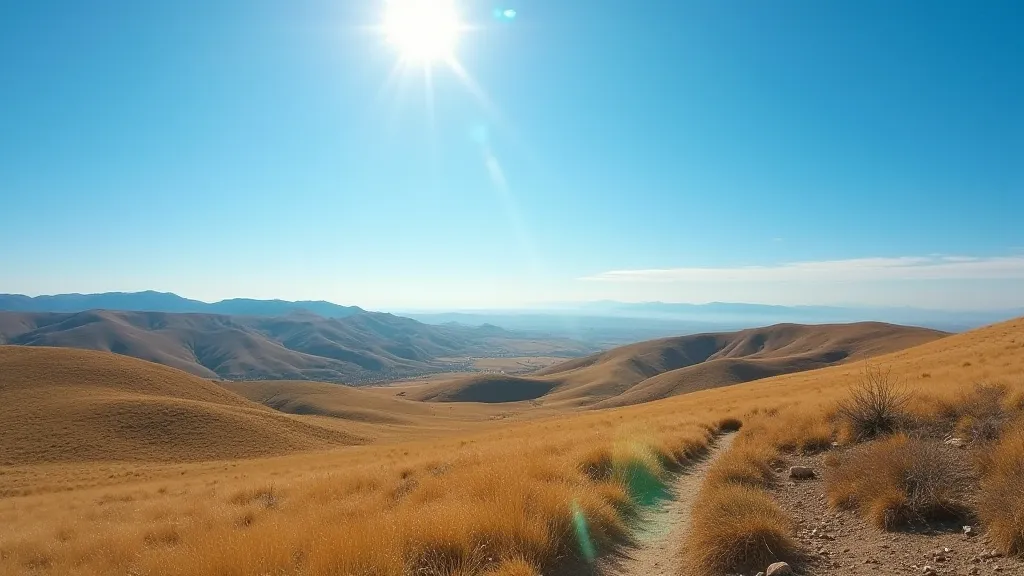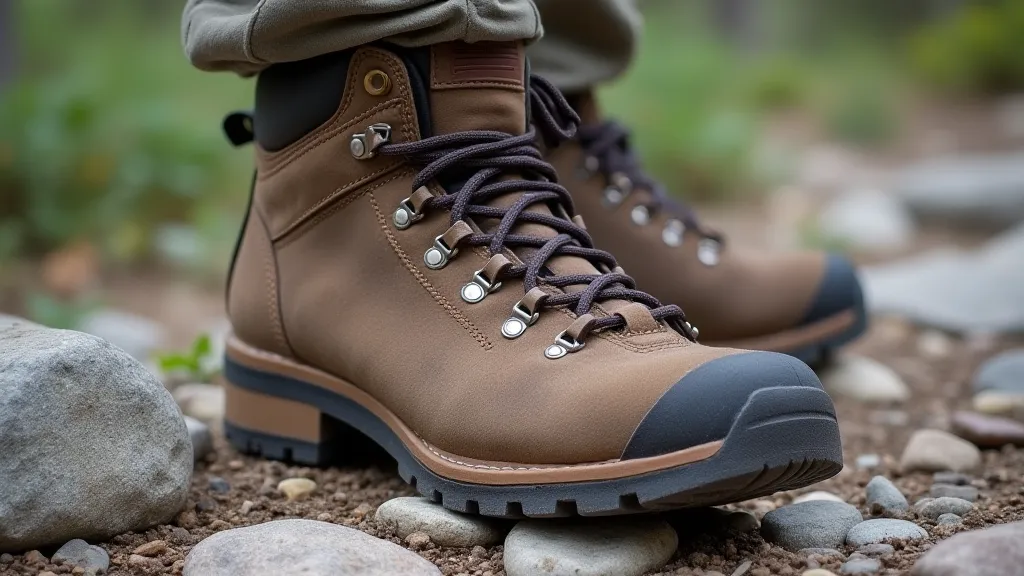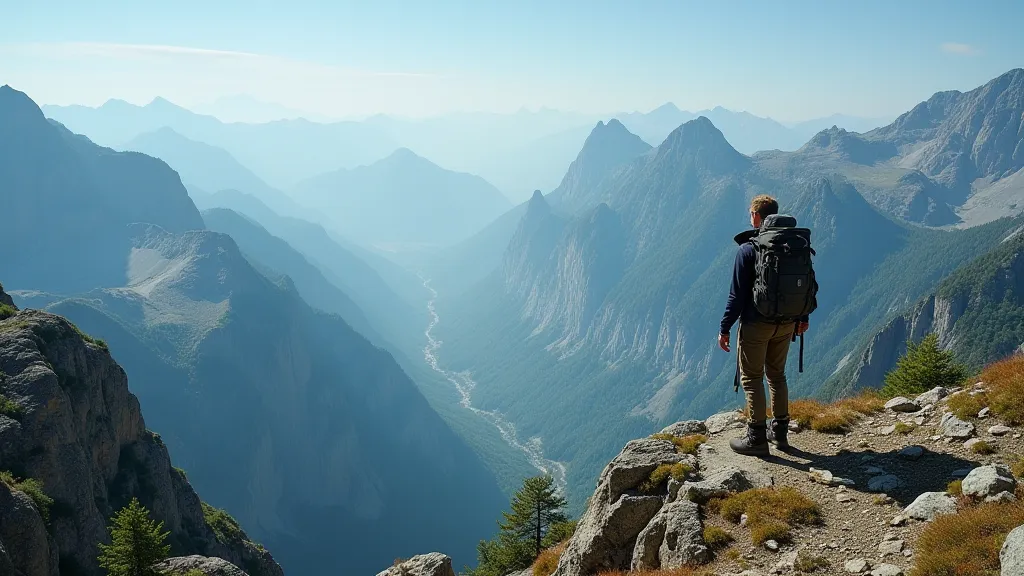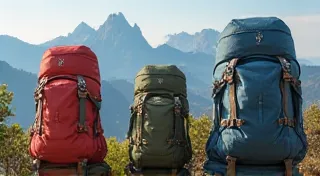Pacific Crest Trail (PCT) Essentials: A Comprehensive Guide for First-Timers
The Pacific Crest Trail (PCT), stretching over 2,650 miles from Mexico to Canada, is a legendary backpacking experience. For first-timers, the prospect can feel overwhelming. This guide aims to demystify the journey, providing essential information and practical tips to help you plan and execute a successful thru-hike. We'll cover permit acquisition, resupply logistics, critical gear considerations, and common challenges you might encounter.
Planning & Permits: The Foundation of Your Adventure
Securing a PCT permit is often the first hurdle. The process is competitive, so familiarize yourself with the regulations well in advance. The Pacific Crest Trail Association (PCTA) website is your primary resource for current permit information and deadlines. Consider starting with a shorter section of the trail to gain experience before attempting the entire thru-hike. Many beginners start in Southern California, a relatively easier section.

Resupply Strategies: Fueling Your Journey
Resupply is key to a successful PCT thru-hike. Careful planning is essential to ensure you have enough food and supplies without carrying excessive weight. Develop a resupply schedule based on the locations of towns and post offices along the trail. Consider sending resupply boxes to post offices in advance, or relying on grocery stores in trail towns. Dehydrated meals and lightweight snacks are your best friends. Remember to factor in dietary needs and preferences! Efficient resupply also means smart packing; choosing the right hiking backpack can significantly impact your overall comfort and carrying capacity.
Essential Gear: Packing Smart for the Long Haul
Your gear is your lifeline on the PCT. Prioritize lightweight and durable equipment. Here's a breakdown of essential categories:
- Backpack: 50-75 liters, adjustable and comfortable.
- Tent/Shelter: A lightweight, freestanding tent or tarp.
- Sleeping Bag/Quilt: Rated for temperatures you expect to encounter.
- Sleeping Pad: For insulation and comfort.
- Cooking System: Stove, pot, utensils, fuel.
- Water Filtration/Treatment: Sawyer Squeeze, purification tablets.
- Navigation: Map, compass, GPS device or smartphone with downloaded maps.
- First-Aid Kit: Comprehensive and tailored to backcountry use.
- Headlamp/Flashlight: With extra batteries.
- Hiking Boots/Shoes: Well-broken-in and suitable for varied terrain. Finding the perfect fit is vital; check out our review of the best hiking boots for women for inspiration and comparison of top brands.
- Clothing: Layering is critical. Include rain gear, moisture-wicking base layers, and insulating mid-layers.
Common Challenges and How to Overcome Them
The PCT isn’t without its challenges. Here are a few you might encounter:
- Altitude Sickness: Acclimatize gradually and drink plenty of water. Consult your doctor and research preventative measures.
- Water Scarcity: Research water sources in advance and carry enough water. Knowing where reliable sources lie can mean the difference between a comfortable trek and a desperate scramble.
- Wildlife Encounters: Proper food storage techniques are crucial (bear canisters are often required). Learning to minimize your impact on the environment is also essential.
- Blisters: Maintain foot hygiene and address blisters promptly. Well-fitting boots and careful attention to your feet are key.
- Mental Fatigue: Break down the journey into manageable sections and celebrate milestones. The PCT is a marathon, not a sprint.
- Trail Impact: Minimizing your impact on the environment is a crucial part of responsible hiking. Make sure you practice Leave No Trace principles throughout your journey, ensuring the PCT remains pristine for future generations.

Trail Maps & User Tips: Leveraging Community Knowledge
The PCT community is incredibly supportive. Utilize online forums and Facebook groups to connect with other hikers and share information. Download trail maps and waypoints onto your GPS device or smartphone. Familiarize yourself with the current trail conditions and any closures or reroutes. Pay attention to user tips shared online; they often contain invaluable insights. Remember that terrain can be challenging and unpredictable, so proper planning is essential.

Beyond the Essentials: Exploring Nearby Adventures
While the PCT is an incredible journey, the surrounding areas offer a wealth of outdoor opportunities. If you're looking for shorter excursions, consider exploring some of the day hikes near Denver (or another major city near your starting point) to fine-tune your skills and gear before embarking on the thru-hike.
Training and Physical Preparation
The PCT demands a significant level of physical fitness. Don't underestimate the importance of training! Start with shorter hikes, gradually increasing distance and elevation gain. Focus on building endurance, strengthening your legs and core, and improving your overall cardiovascular health. Practice hiking with a loaded backpack to get used to the weight. Proper nutrition and hydration are also critical for success. Consider consulting with a personal trainer or physical therapist to develop a tailored training plan.
Permitting Deep Dive: Navigating the Bureaucracy
Securing a PCT permit is often a source of frustration for first-time hikers. The process is competitive, and understanding the rules and deadlines is crucial. The Pacific Crest Trail Association (PCTA) website is your primary resource. Many hikers find the process daunting. Be prepared to be flexible with your dates, as preferred starting locations are highly sought after. Consider alternative starting points or southbound hikes to increase your chances of securing a permit. Remember to factor in the time needed to complete the permit application and any required interviews or orientations.
Embrace the Journey
The Pacific Crest Trail is a demanding but rewarding experience. Careful planning, reliable gear, and a positive attitude are your keys to success. Remember to embrace the challenges, appreciate the beauty, and connect with the incredible community that makes the PCT so special. Happy hiking!





